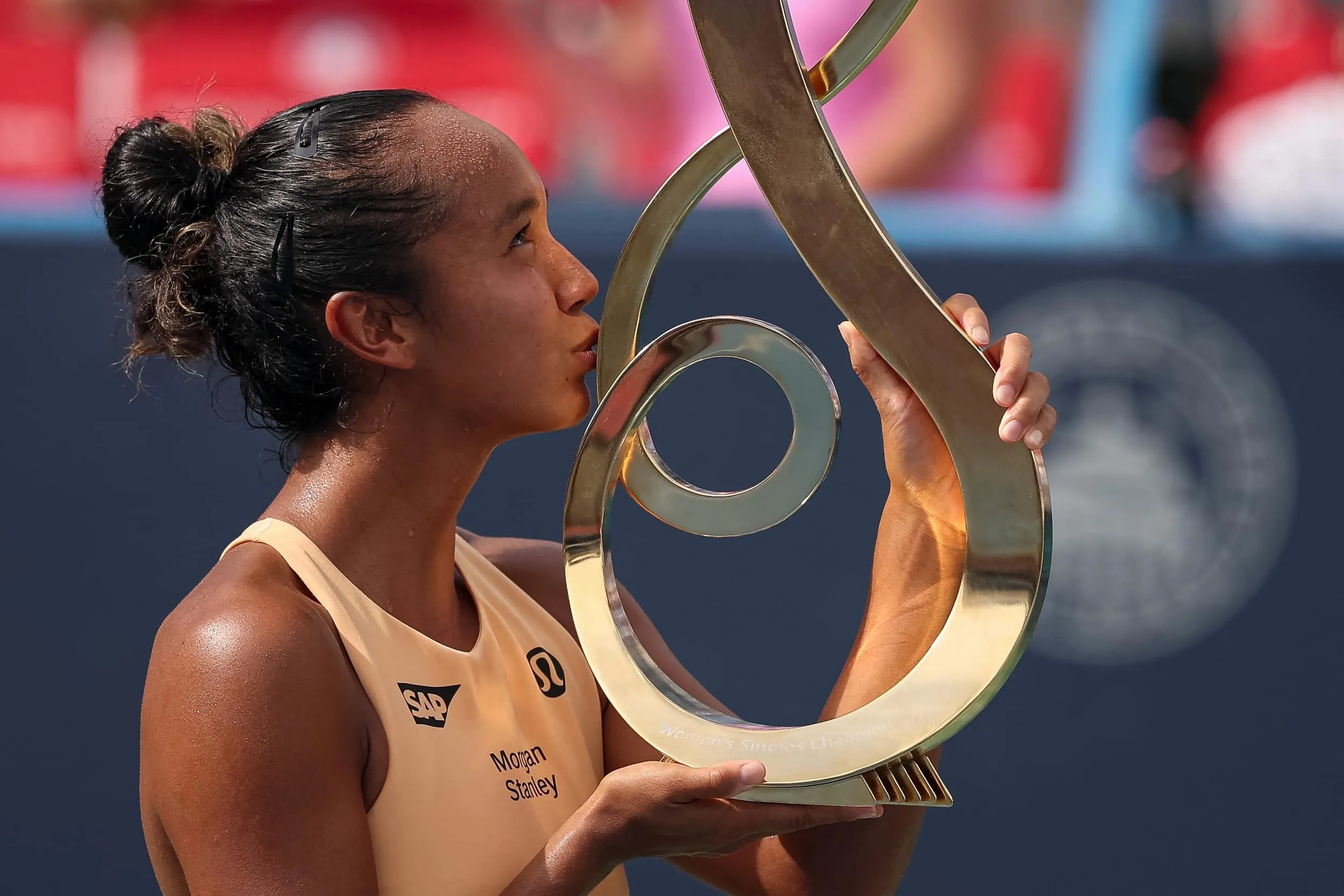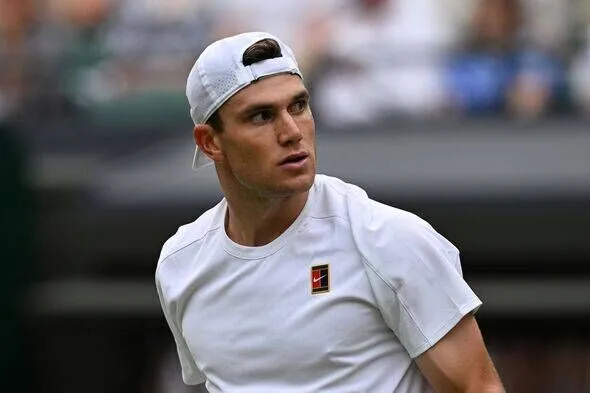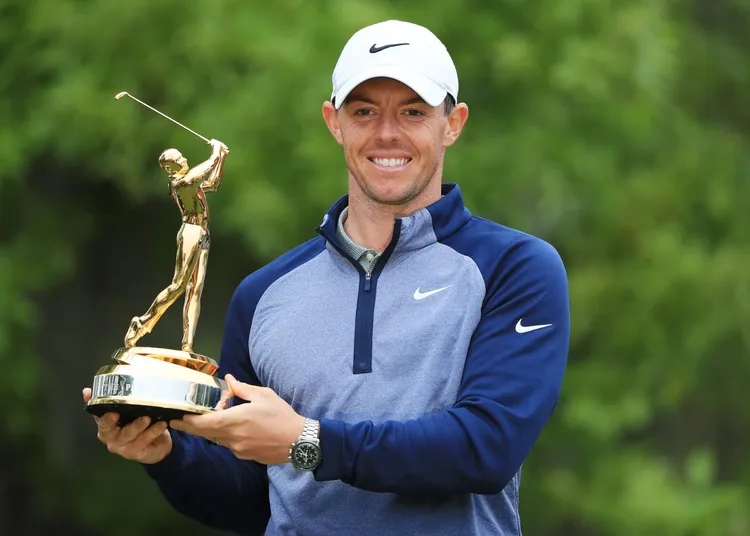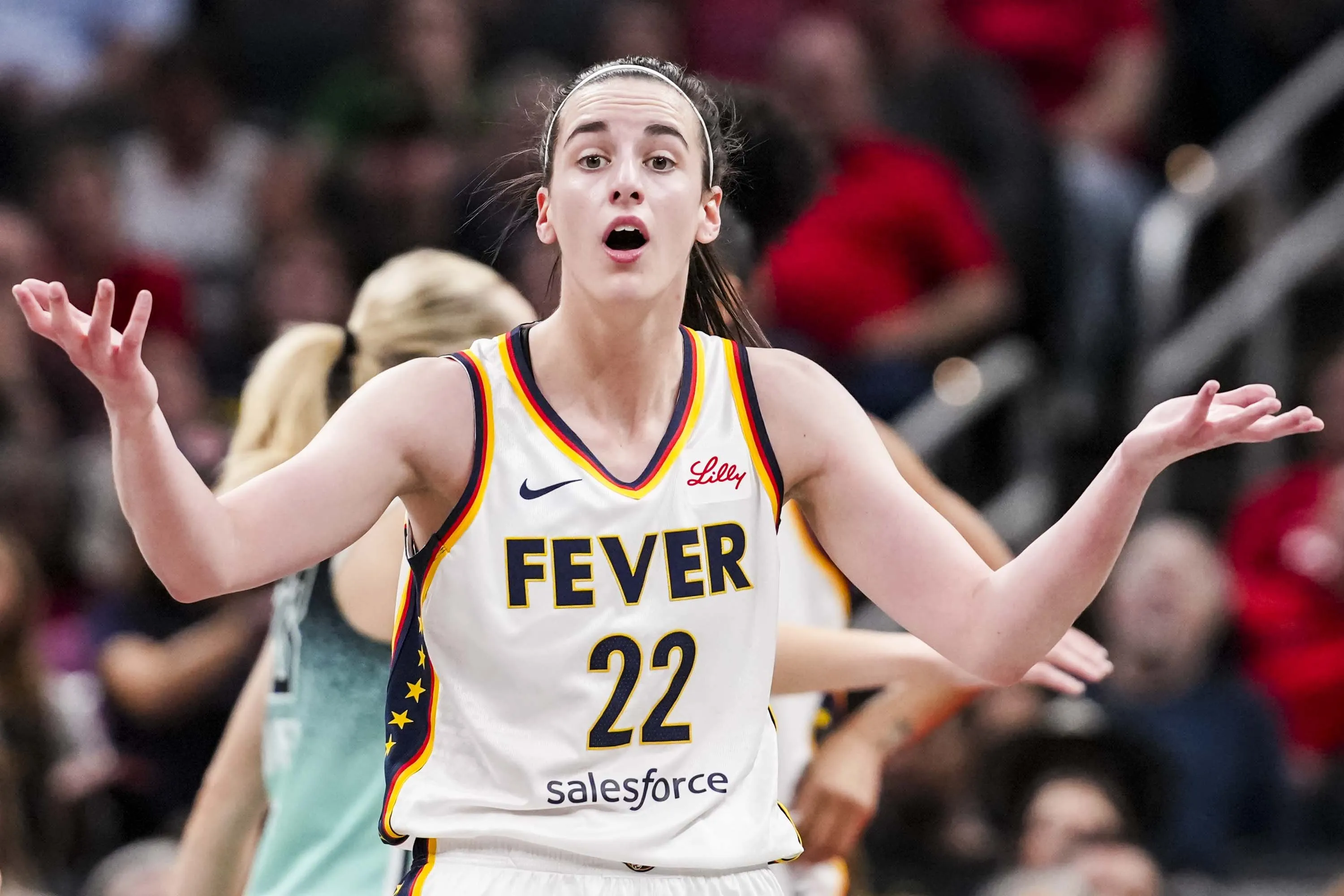Tiger Woods is widely regarded as one of the greatest golfers in history. With a legacy full of major titles, PGA wins, and defining moments, it's hard to find a domain in golf where he hasn’t excelled. Yet there is one area that repeatedly stands as a conspicuous exception: his Ryder Cup performance. Over eight appearances, his win-loss record in the Ryder Cup was far below what fans and analysts would expect given his dominance elsewhere. In this article, we dig into the numbers, the format challenges, and the psychological dynamics behind what many consider his biggest shortcoming in a sport full of triumphs.
The Numbers Don’t Lie: A Sobering Record
Across all of Tiger’s Ryder Cup appearances, his record in matches reads approximately 13 wins, 21 losses, and 3 halved matches. That corresponds to a winning percentage of just over 35% in a format designed for match play. He participated in a total of 37 matches — despite being America’s top player during most of those years.
When you break it down by format:
-
In four-ball matches, his success rate was modest, often overshadowed by European pairings performing at high levels.
-
In foursomes (alternate shot), his record shows frequent losses, indicating struggles with partner dynamics and shot sequencing.
-
His singles performance was relatively stronger, with a winning record (roughly 4 wins, 2 losses, 2 halves in singles play), but still not enough to offset the deficits accumulated in team formats.
Moreover, while he won 82 PGA Tour events and amassed 15 major championships, his one Ryder Cup victory as part of Team USA came in 1999 — a year remembered more for the team’s comeback than for his own stellar match play exploits.
This contrast is all the more stark when compared to his dominance in stroke play tournaments. It suggests that something about the team setting or match format particularly challenged him.

Format and Fit: Why the Ryder Cup Didn’t Play to His Strengths
1. Team Formats Demand Compromise
Tiger’s success in individual stroke play settings rested largely on his ability to control every aspect of a round — from strategy to shot selection, pace, mental resilience. In team match formats, compromise becomes necessary. You must sync with a partner, adapt to alternate shot rhythms, and manage shared pressure.
His perfectionist tendencies and strong individual voice may have clashed with the needed flexibility in partner formats.
2. Pairings & Partner Chemistry
Woods played with many different partners across his Ryder Cup career. Some pairings simply didn’t click. The constant shifting likely hindered a stable rapport. In contrast, many European pairings had longer, established relationships — helping them coordinate better under pressure.
In particular, his foursome record (alternate shot) was weaker, which underscores that in that format, the weakest link or slightest misalignment can rapidly cost a match.
3. European Team Culture, Intensity & Momentum
European Ryder Cup teams often embrace an all-in, emotional, collective mindset toward the event. Many players treat it as a defining honor, and that cohesion often translates into performance under fire.
Woods, in contrast, may have at times viewed individual tournaments (majors, PGA events) as the ultimate battlegrounds. In that light, the Ryder Cup might never have received the same level of internal prioritization from him as it did for some European peers.
4. Pressure, Fatigue & Physical Limits
In some tournaments, fatigue or schedule overload may have played a role. When Woods competed heavily over the season, he sometimes cited cumulative wear as affecting his Ryder Cup form. In 2018 especially, after a demanding season, his performances looked flat, and he went 0–4 in Paris.
Also, the physical toll of match play, walking long courses, course logistics, and emotional highs may have exacerbated any underlying vulnerabilities.

Memorable Moments & Missed Opportunities
Several Ryder Cups contain high-profile instances where his performance drew scrutiny:
-
In 2004, Captain Hal Sutton paired Woods with Phil Mickelson—a duo of enormous talent but contrasting styles. The pairing is often cited as a misstep. They lost both matches that Wimbledon week, contributing to a lopsided U.S. defeat.
-
In 2010, Woods had one of his better Ryder Cups, posting a 3–1 record, yet it wasn’t enough for Team USA to clinch victory.
-
In 2018, at Le Golf National, he went 0–4. For a player with his legacy, such a shutout in a high-stakes event reverberated widely.
These instances tend to crystallize the narrative: many have argued that Woods either underinvested emotionally in some Ryder Cups or was burdened by expectations he himself created.
Contrasts: Presidents Cup & Other Team Formats
Interestingly, in other team contexts — such as the Presidents Cup (U.S. vs. International) — Woods had a far better record. His cumulative performance in the Presidents Cup includes many more wins and a healthier winning percentage (winning roughly 63.5% of his matches in that format).
This dichotomy suggests that his struggles were not simply due to team play per se, but something specific to the Ryder Cup environment: the European opposition, format pressure, legacy weight, or cultural dynamics.

Legacy & Perception: What This Means for Tiger’s Career Story
For all his many records, there’s a curious footnote in Woods’s legacy: someone so dominant in individual golf, yet unable to consistently deliver in this one marquee team event. It adds a layer of complexity to how fans, historians, and peers view his career.
To his credit:
-
He embraced Ryder Cup appearances, even under challenging conditions, rather than avoiding them.
-
He demonstrated grit: on several occasions, he fought in matches, rallied, and showed flashes of brilliance even when the overall result wasn’t favorable.
But the perception lingers: his Ryder Cup record often comes up in debates about whether individual greatness translates perfectly to all formats.
Lessons & Takeaways for Future Generations
-
No athlete is flawless
Even legends have vulnerabilities. Woods’s Ryder Cup record is a reminder that context matters. The same qualities that win majors don’t always align with every competitive setting. -
Cultural and psychological factors weigh heavily
In high-pressure team environments, mentality, leadership, and emotional alignment can rival technical skill in importance. -
Pairings and compatibility cannot be overlooked
Legacy planning for teams should focus not only on star power but on consistency, chemistry, and complementary styles. -
Versatility is a differentiator
Athletes must adapt to varying formats (stroke play, match play, team, individual) to maximize their complete competitive profile.
Tiger Woods’s Ryder Cup record remains one of golf’s most intriguing contradictions. That a golfer so dominant in individual competition should lag so significantly in one of its most high-profile team events is a paradox that continues to spark analysis and debate.
Yet, this record should not overshadow his greatness. Instead, it emphasizes the multidimensional nature of elite sport: talent is essential, but context, teamwork, mental alignment, and format compatibility also matter deeply.
Woods’s career will forever be defined by epic victories, clutch moments, comebacks, and dominance. His Ryder Cup record is just one note in an expansive legacy. In understanding it, fans gain a deeper appreciation not only for his triumphs but also for the intricate challenges that even the greatest athletes confront.

 Vietnamese
Vietnamese










Nguyen Hoai Thanh
Nguyen Hoai Thanh is the Founder and CEO of Metaconex. With 12 years of experience in developing websites, applications and digital media, Nguyen Hoai Thanh has many stories and experiences of success to share.